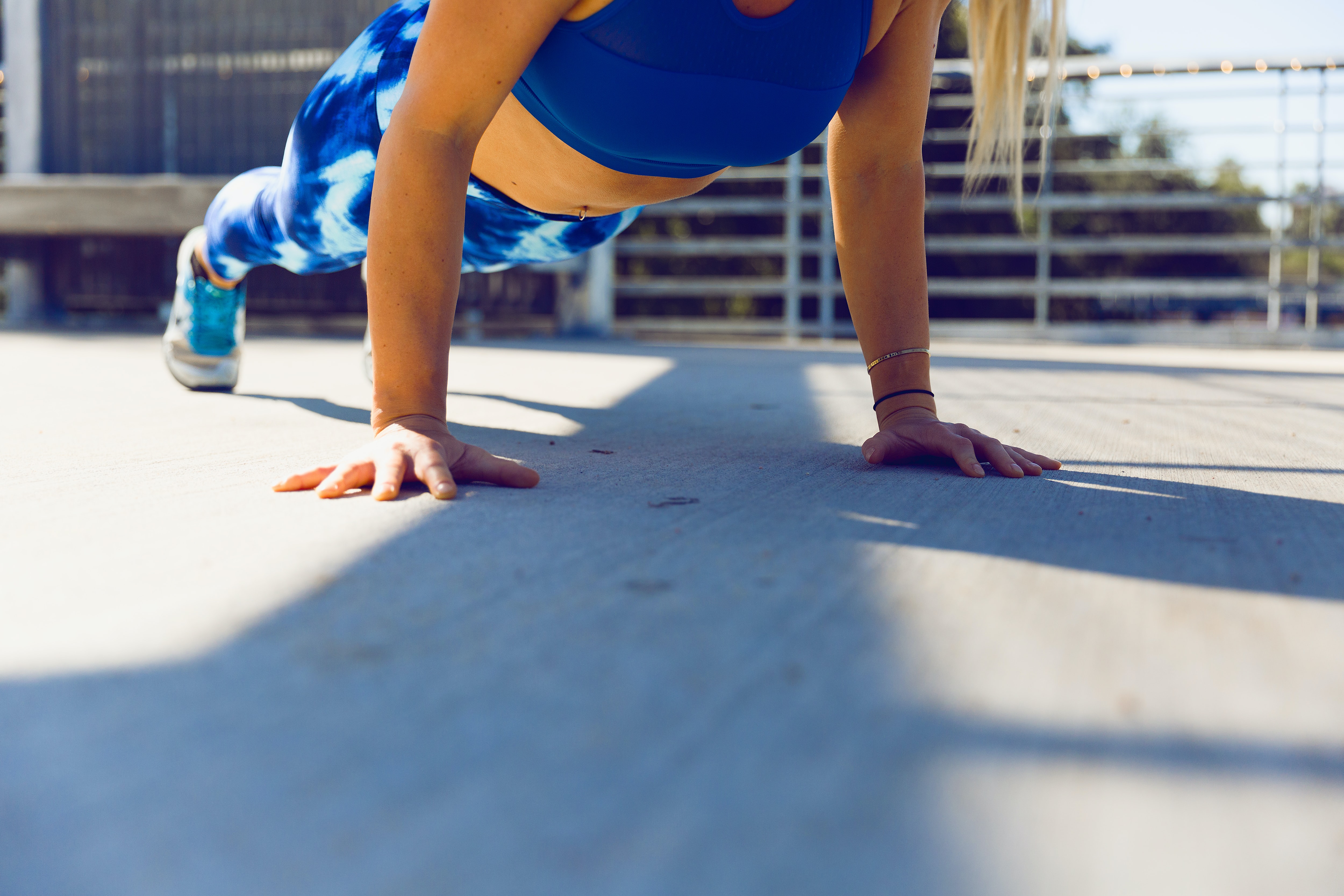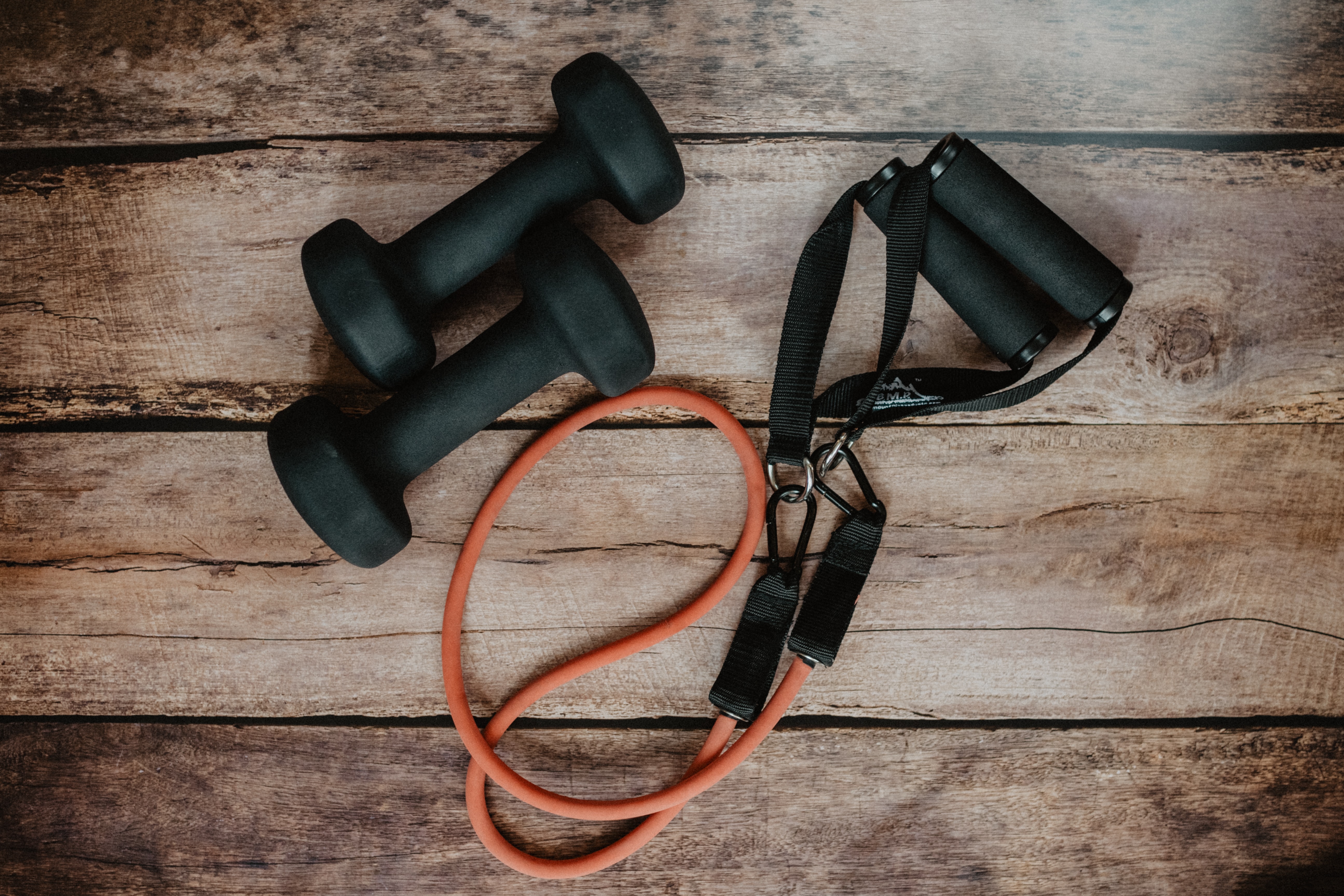 Photo by Caroline Attwood
Photo by Caroline Attwood
What is protein?
Protein is one of three macronutrients the body needs in large amounts along with fat and carbohydrates.
Proteins are made of smaller components known as amino acids which attach to each other to form chains. The sequence of these amino acid chains determine the specific structure and function of the protein. Proteins are found through out the body and are needed for growth and maintenance of our tissues, serve as enzymes that work on biochemical reactions, regulate body processes including fluid balance, help form antibodies to fight infection, and serve as transport proteins for nutrients and oxygen.
How much protein should you be eating?
The recommended daily allowance for protein is 0.8 to 1 gram/kg of body weight or 0.36 gram/pound of body weight. The protein need depends on activity level, age, muscle mass, and overall health. Those who exercise regularly and the elderly require more protein.
After the age of 40, studies show that skeletal muscle mass and strength decline. The involuntary age-related loss of muscle mass and strength is known as sarcopenia.
50% of elderly adults do not get enough protein which is an alarming number as muscle mass is important in maintaining strength, function, and preventing falls.
Most elderly adults require more protein, about 1.0 – 1.2 grams of protein/kg body weight
Sources of protein
The body does not store protein so it’s important to get it from your diet. Protein in diet is broken down into amino acids. There are two sources of protein: animal proteins and plant proteins.
Animal proteins
Plant proteins
- Incomplete as they lack one or more of the essential amino acids that the body needs
- Beans, nuts, lentils, tofu, edamame, quinoa, peanut butter, chia seeds, chickpeas, green peas, oats, vegetables(broccoli, spinach, potatoes)
- Diet high in plant protein is associated with lower risk of heart disease, obesity, and diabetes
Most people don’t keep track of how much protein they are eating a day but it is one of the things that we really should be doing. Although it is always good to try to get protein from your diet, sometimes that is not enough and you may need to supplement it with protein bars, protein shakes, or eating an extra yogurt serving (be sure to read labels because of the hidden sugar content that can be found in yogurt, protein shakes, etc.).
 Photo by Ruud de Peijper
Photo by Ruud de Peijper Photo by
Photo by  Photo by
Photo by  Photo by
Photo by  Photo by
Photo by  Photo by
Photo by  Photo by
Photo by  Photo by
Photo by  Photo by
Photo by